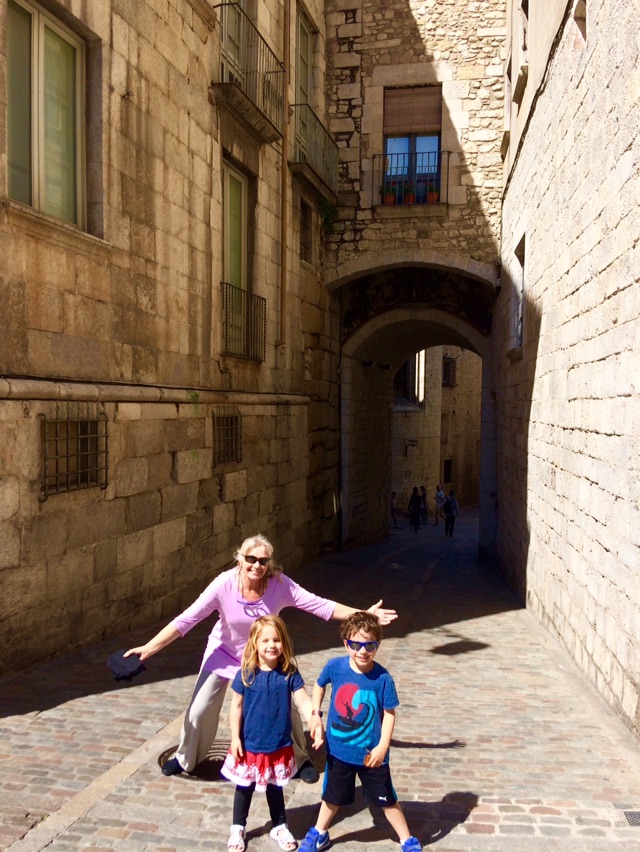SPRING BREAK, EURO-STYLE
/Everyone (not a hyperbole) in our Spanish world speaks multiple languages. The underachievers are only fluent in two; most speak between three and five. So when the "Which languages do you speak?" topic arises — as it regularly does — I pretend I'm not that uncultured American who just emerged from my English-speaking cave: "Well no Spanish...yet!...but I took 6 years of French. Guess I picked the wrong language! Oops! [awkward laugh]" As though my deficiency in one is clearly explained by my masterful command of the other. Right.
But it only took 24 hours in France to disabuse me of the notion that I can in any way, ever again, truthfully claim to speak French.
We drove to Provence for Semana Santa — the week before Easter, when Spanish schools and businesses alike get a spring break — and spent 4 nights in Saint-Remy-de-Provence with our expat friends and their kids. Upon sitting through a meal attended by a grumpy French waitress, and then stumbling through a 90-second grocery store checkout, my imposter-francophone self was exposed: my French pronunciation had a decidedly Spanish flare, my limited French vocabulary had merged with my also-limited Spanish vocabulary, and I could not, for the life of me, stop saying "si." It was Spanlishench at its worst.
Regardless of the language issues (a familiar theme of our last 9 months), Provence was...Provence. Exactly what you'd expect: charming, quaint, delicious, and made even better by a glass of rosé at sunset. We explored several of the surrounding villages and cities — Les Baux-de-Provence, Avignon, Gordes, Fontaine-de-Vaucluse — and spent time enjoying the backyard of a truly delightful AirBnB.
And thanks to an extended visit by a generous mother-in-law, Aaron and I got to tack an extra two nights onto the vacation; after we dropped off the kids and "Nammy" back in Barcelona, we flew to San Sebastián for brief but oh-so-appreciated kid-less getaway.




























